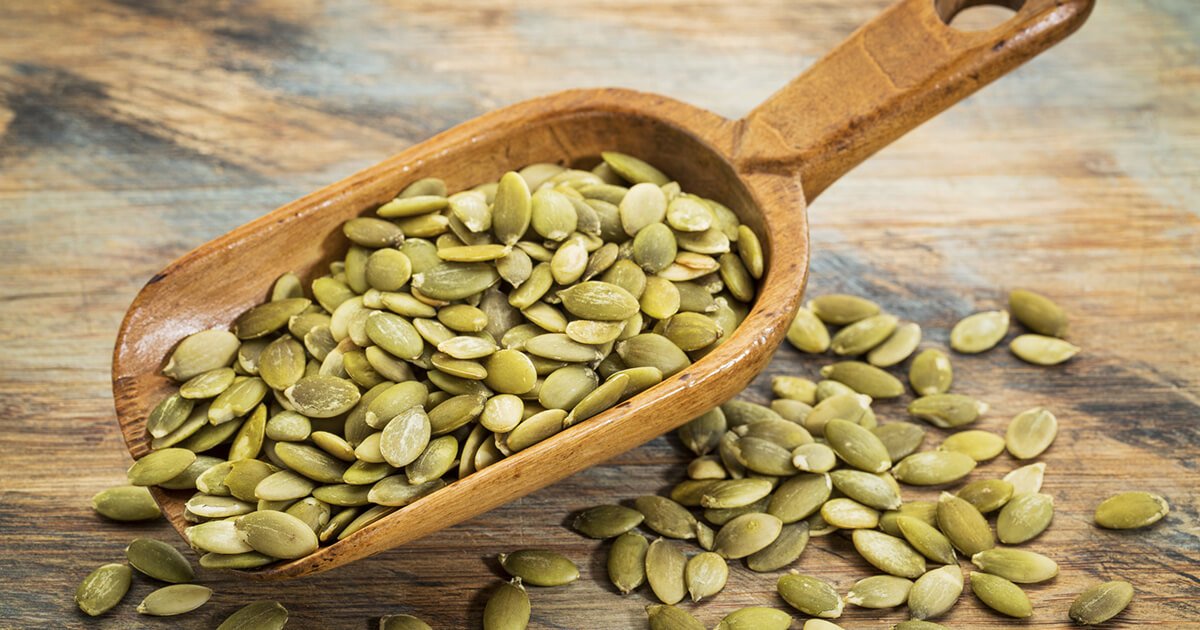Pumpkin seeds, often referred to as “pepitas,” are small but mighty seeds packed with nutrition. The pumpkin seed diet, which incorporates these nutrient-dense seeds into daily meals, is becoming popular for its potential health benefits, including weight loss, heart health, and improved digestion. In this article, we will explore how pumpkin seeds can be a central component of a balanced diet and why they are gaining recognition as a superfood for wellness.
The Nutritional Value of Pumpkin Seeds
Pumpkin seeds are rich in essential vitamins and minerals that support overall health. A single serving (about 1 ounce) provides:
• Protein: 7 grams of high-quality plant protein, making them an excellent option for vegetarians and vegans.
• Healthy Fats: Pumpkin seeds contain omega-3 and omega-6 fatty acids, which support heart health, reduce inflammation, and promote brain function.
• Fiber: With 1.7 grams of fiber per ounce, they aid digestion and help you feel fuller longer, which can assist with weight management.
• Magnesium: These seeds are one of the best sources of magnesium, which is crucial for regulating blood pressure, reducing the risk of heart disease, and supporting bone health.
• Zinc: Essential for immune function, pumpkin seeds are a great source of zinc, especially important for maintaining healthy skin and combating illness.
• Antioxidants: Pumpkin seeds are loaded with antioxidants like vitamin E and carotenoids that fight inflammation and protect cells from damage.
How the Pumpkin Seed Diet Supports Weight Loss
While pumpkin seeds are calorie-dense, they can actually help with weight loss when consumed in moderation as part of a balanced diet. Here’s how:
1. High in Protein: The protein content in pumpkin seeds helps curb hunger and maintain muscle mass, which is important for burning calories even at rest.
2. Rich in Fiber: Fiber is key for digestive health and helps prevent overeating by making you feel full for longer periods. Pumpkin seeds, with their high fiber content, can reduce snacking and control appetite.
3. Healthy Fats: The good fats found in pumpkin seeds, especially omega-3 fatty acids, support metabolism and energy levels. These fats also help your body absorb vitamins more efficiently, enhancing overall health.
4. Low Glycemic Index: Pumpkin seeds have a low glycemic index, meaning they don’t cause a rapid spike in blood sugar levels. This can help manage weight and reduce cravings for sugary foods.
Health Benefits of Pumpkin Seeds Beyond Weight Loss
1. Heart Health: The magnesium, zinc, and fatty acids found in pumpkin seeds contribute to cardiovascular health. They help regulate blood pressure, reduce LDL (“bad”) cholesterol, and prevent arterial inflammation.
2. Improved Sleep: Pumpkin seeds are a natural source of tryptophan, an amino acid that promotes sleep. Incorporating them into your diet may help improve sleep quality, which is critical for weight management and overall health.
3. Hormonal Balance: Pumpkin seeds contain phytoestrogens, which may help balance hormones, especially in postmenopausal women. This balance can lead to better mood, improved energy, and even support for bone health.
4. Prostate Health: For men, pumpkin seeds are known to support prostate health. Zinc, which is abundant in pumpkin seeds, plays a role in reducing the risk of prostate issues and supporting reproductive health.
How to Incorporate Pumpkin Seeds into Your Diet
Adding pumpkin seeds to your daily diet is easy and versatile. Here are some ideas:
• As a Snack: Enjoy a handful of roasted pumpkin seeds as a healthy, nutrient-dense snack between meals.
• Smoothie Boost: Add a tablespoon of pumpkin seeds to your morning smoothie for extra protein, fiber, and healthy fats.
• Salads and Soups: Sprinkle pumpkin seeds over salads or soups for a crunchy texture and a nutritional boost.
• Baking: Incorporate pumpkin seeds into bread, muffins, or energy bars for added nutrients.
• Pumpkin Seed Butter: Spread pumpkin seed butter on toast or mix it into yogurt for a rich, flavorful alternative to peanut or almond butter.
Precautions and Considerations
While pumpkin seeds offer numerous health benefits, it’s important to consume them in moderation, as they are calorie-dense. Additionally, those with nut allergies should consult a healthcare professional before incorporating large amounts of pumpkin seeds into their diet.
If you’re managing a specific health condition, such as diabetes or cardiovascular disease, it’s also wise to speak with a dietitian or healthcare provider to determine the right portion size and frequency of consumption.
Conclusion: Embrace the Pumpkin Seed Diet for Better Health
The pumpkin seed diet offers an easy and delicious way to boost your intake of vital nutrients. Whether you’re looking to lose weight, improve heart health, or simply add a nutritious snack to your routine, pumpkin seeds are a versatile, powerful addition to any diet. In 2024, with the growing trend toward natural, whole-food approaches to health, the pumpkin seed diet is an excellent choice for those seeking to enhance their well-being through simple, nutritious foods.
Sources:
• National Institutes of Health (NIH)
• PubMed



